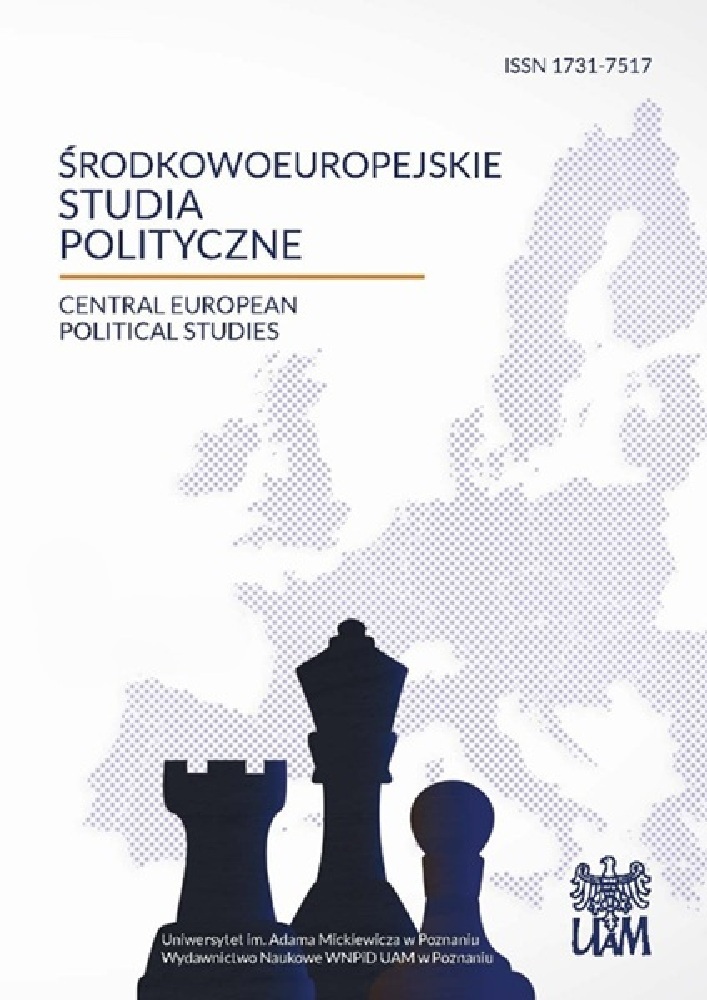Abstract
It is an axiom to say that the language of the print media is a highly effective instrument of power, politics and propaganda. This paper illustrates the fact that language can be ‘powerful ’ in terms of style and lexicon, and of the attitude to reality it expresses, which is primarily related to ideology. The authors stress the role of the Russian language in the totalitarian propaganda of the period concerned. The 1917 Revolution and civil war in Russia marked the period of the greatest conflicts and a turmoil that was accompanied by an intense ‘linguistic experience and changes to the ‘status ’ ofthe language. Intheyears immediately following the Revolution the role of the official language, conveying the single official ideology was enormous and newspapers turned out to be an efficient instrument of propaganda. They provided the main channel of totalitarian ideology, efficiently influencing social consciousness. This paper is based on an analysis of texts published in three Kazakhstani newspapers: “Glos Semirechye” (1919), “Dzhetysuyskaya Pravda” (1923), “Turkiestan komunistytchna”, “True Semirechensk Region” (1920). It is demonstrated in the conclusions that the demagogic texts published there conveyed the ideology of a totalitarian system. One of the main messages conveyed in these texts concerned the image ofa new world shaped by such factors as the Revolution, contradictions between different social classes, external and internal threats, as well as threatening the victory of reactionary forces. This paper attempts to identify and characterise the manifestations of ideology propagated at the time of the proletarian revolution.
License
Copyright
© 2015, Uniwersytet im. Adama Mickiewicza w Poznaniu, Wydawnictwo Naukowe Instytutu Nauk Politycznych i Dziennikarstwa
OPEN ACCESS
